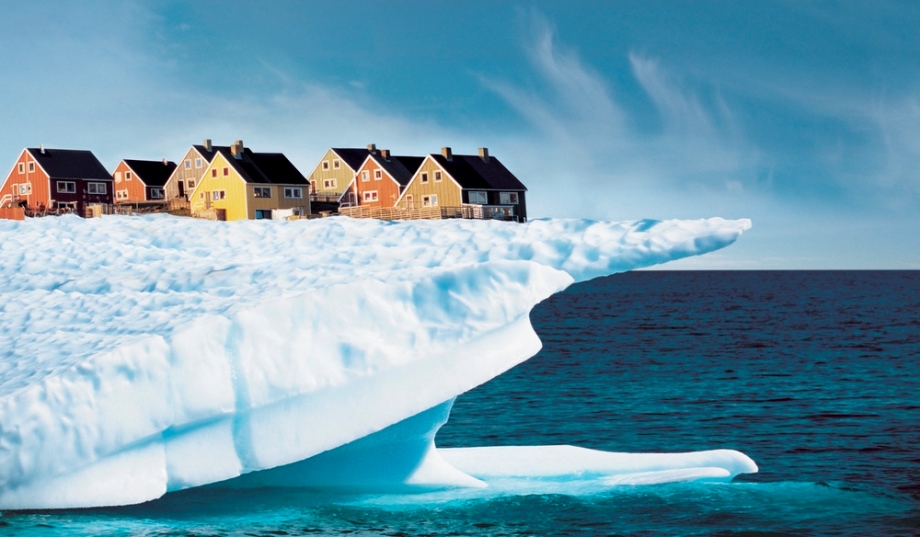
Climate change has happened throughout the history of our planet. There have always been very hot and very cold periods on Earth, some of which lasted thousands or even millions of years, and others only a couple of hundred years.
Hence, climate change is not something new or anything. Well, perhaps it is new to us as a human species, that is, as far as we can look back into historical records.

Now, I feel that it is important to realize that it does not really matter if the current climate change event is caused (or perhaps accelerated) by human behavior, but to accept the facts that climate change is happening. It is clear that ongoing global deforestation and subsequent erosion of the Earth’s surface and the continued burning of fossil fuels do not help in slowing down the event, but navel-gazing on our own role in the process is — in my opinion — just losing valuable time.
In fact, most scientific research points out that the climate has been changing quite rapidly during the last hundred and fifty years or so, that it is getting warmer, and that it has quite some effects on our planet and on our human habitats. What is worse is that it is increasingly becoming clear that the process is irreversible and seems to accelerate. It is something we as humans need to deal with, accept, and take seriously.
When I say “deal with, accept, and take seriously” I am not talking about reversing the planet’s warming. I think humankind has proven to be too divided to engage in such an effort successfully, not to talk about the actual feasibility of reversing global warming. After all, longer and shorter periods of a hot or cold Earth have always alternated — it is a natural occurrence — and I think we need to accept the consequences and think deeply about how to “save our butts,” as the expression goes.
For instance, global sea levels are rising due to global warming. In fact, the rate of rise is accelerating, and it is projected that the end of the 21st century will see levels between 0.3 meter to about 1 meter above the sea levels of the year 2000. Of course, this poses a looming threat for coastal cities and infrastructure, and its people. Consequently, it would be more than wise to start planning massive migrations out of those areas, especially if there are not enough finances to raise dikes or if it is not feasible to technically protect certain coastal regions, and so on. It means to start building habitats and industries elsewhere, farther inland.

We also see an increase of heavy, torrential rains occurring in very short periods (sometimes in the course of one day or even a couple of hours) causing immense floods of human settlements and agricultural lands. The disruptions hereof are clearly devastating. Solutions here maybe lie in giving more space to water (which means sacrificing land instead of building on it or practicing agriculture), and moving up to higher grounds.
I think that the best places to live in will be those that are in the mountains, which have much less risks of floods, while also being cooler in the increasingly hotter summers. Typically, there are also more options to harvest water that’s needed for the augmented, prolonged periods of drought.
Of course, the mountains are usually also colder in winter, but in general, it is actually somewhat easier to protect against the cold than against floods and unbearable hot weather. In addition, albeit colder in the nights, mountain weather is often clear and rather pleasantly warm on the days.
Yet, climate change has so much more challenges. A hotter climate brings all kinds of changes for plants and animals. For instance, it causes immense proliferation of plants, insects, and other animals that normally would not thrive in previously colder regions, with all the effects for humans of that. Not to talk about the potential spread of harmful viruses and bacteria. By contrast, life forms that need colder areas to survive will migrate to areas that suit them, if they can still find those.
In fact, the migration of species and/or the introduction of new species in areas where they can now thrive — either plants or animals — will have profound impact on human habitats and on the type of economic activities that can take place or cannot take place any longer.
Anyway, dealing with climate change is more than just buying an extra ventilator or air conditioning to fight the heat, or perhaps obtaining some sand sacks or an umbrella against floods and heavy rains. Its effects are deeply global, meaning that what happens in one place has economic and physical-structural effects in places and on societies at the other end of the world.
I feel that people individually and societies as a whole need to think about the imminent effects of climate change on their personal lives, and start to organize their lives accordingly.
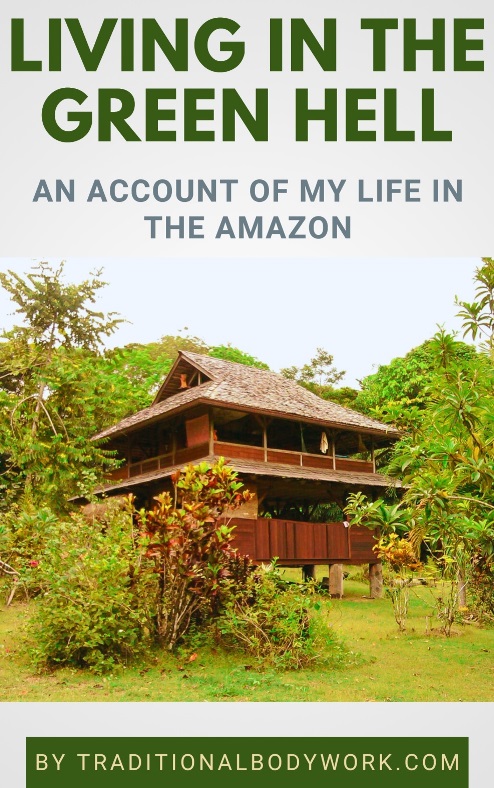
I myself live in the mountains. I moved there a few years ago, not so much because of climate change motivations, but simply because I love the mountains. Today, I think it is best to stay here if possible, not only because I love it, but likewise because of the reasons I mentioned before.
Moreover, a year ago, I had a real-life example of what climate change means. We had weeks of heavy rains (about ten times more water than usual for the time of the year in just two weeks’ time), which caused severe flooding in the cities “below us,” notably those in the coastal areas, because of the massive amounts of accumulated water draining out of the mountains into the plains and to the coast.
It disrupted the regional economy hugely, and it took about six months to bounce back just a little bit. Until today, the physical and economic effects are visible, and the trauma is deep-rooted.
We here in the mountains had our own share of issues, because we partly depend on the lower regions and cities for the supply of various essentials. Because many companies, roads, bridges, and harbors were simply destroyed, we definitely felt the impact: difficulties traveling from here to there, augmented prices of certain products and services, and a bunch of products we needed to do without.
In the end, there is no clear-cut solution to get away clean of the consequences of climate change. Humans have become very interdependent for their survival — nationally and internationally, but perhaps with a bit of thinking ahead and realizing deeply what is coming towards us, we can try to make the best of it and try to mitigate the worst fallout.

 Find themed health, wellness, and adventure holidays around the world.
Find themed health, wellness, and adventure holidays around the world.




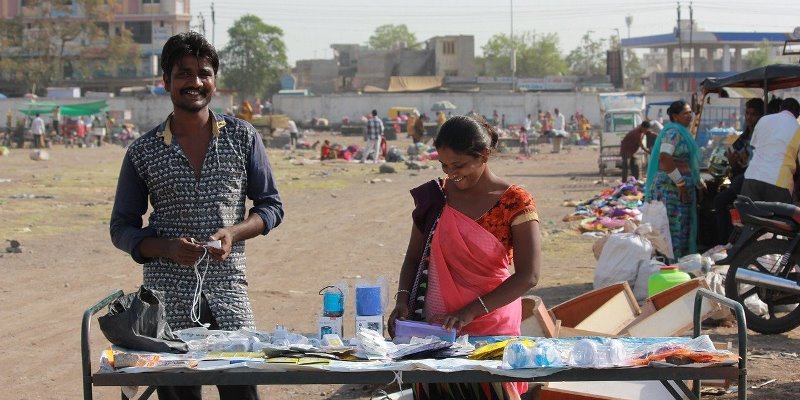


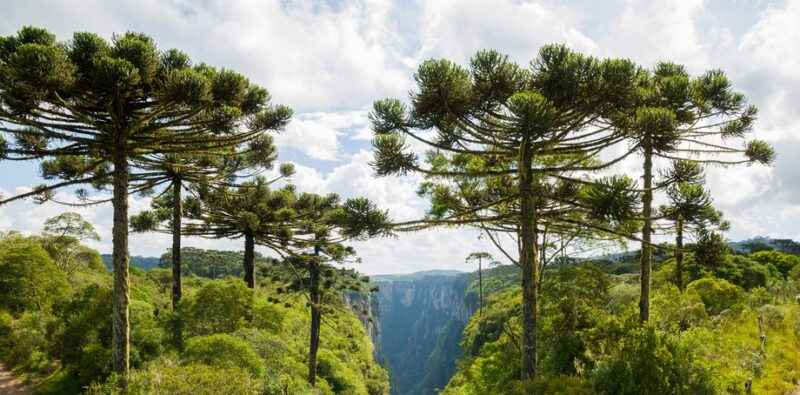


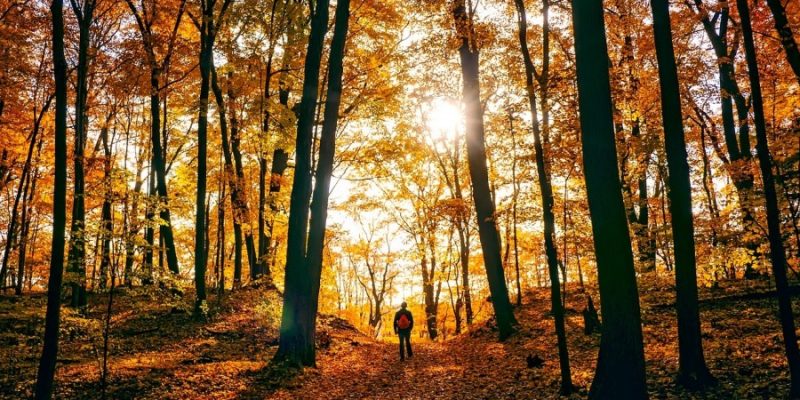
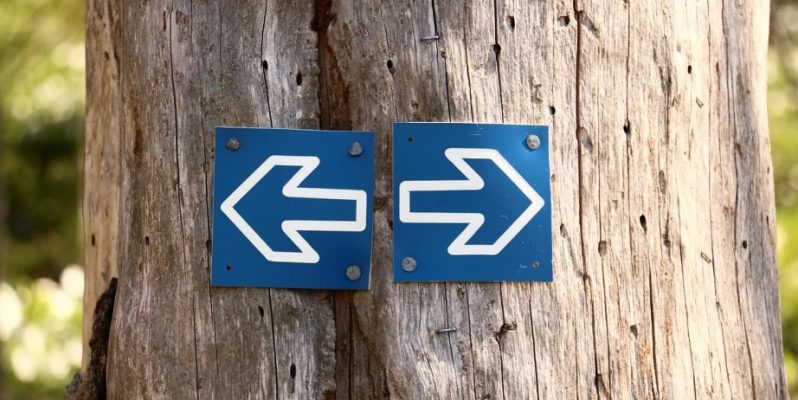

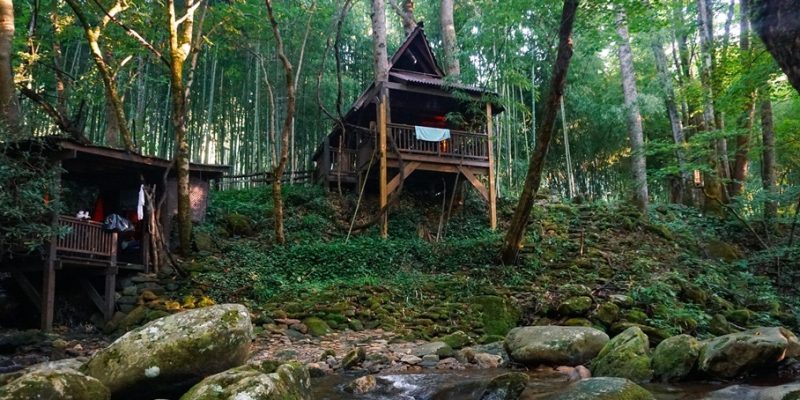

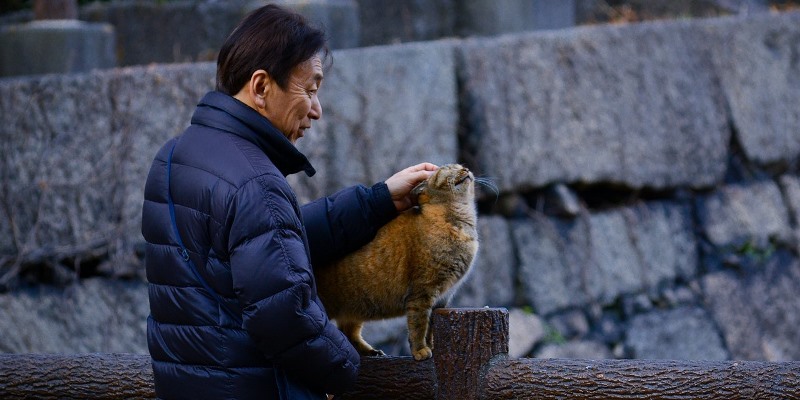
 Find themed health, wellness, and adventure holidays around the world.
Find themed health, wellness, and adventure holidays around the world.